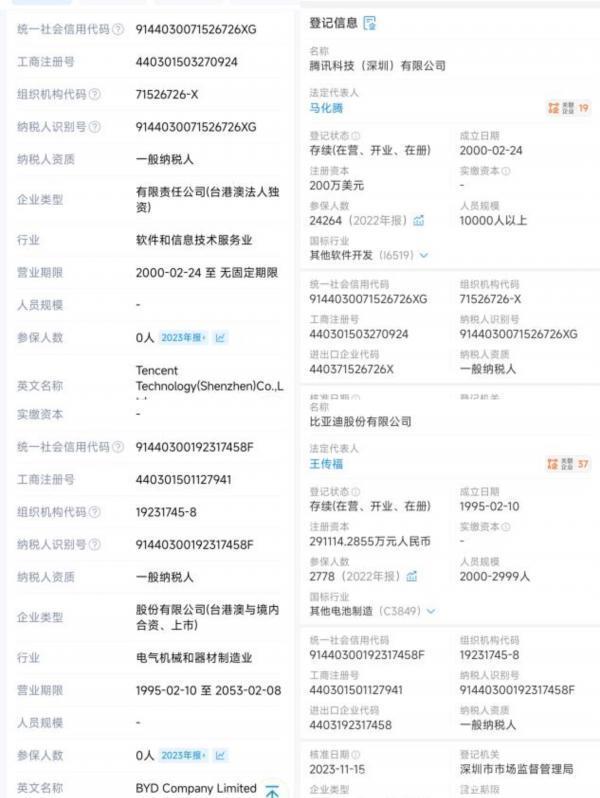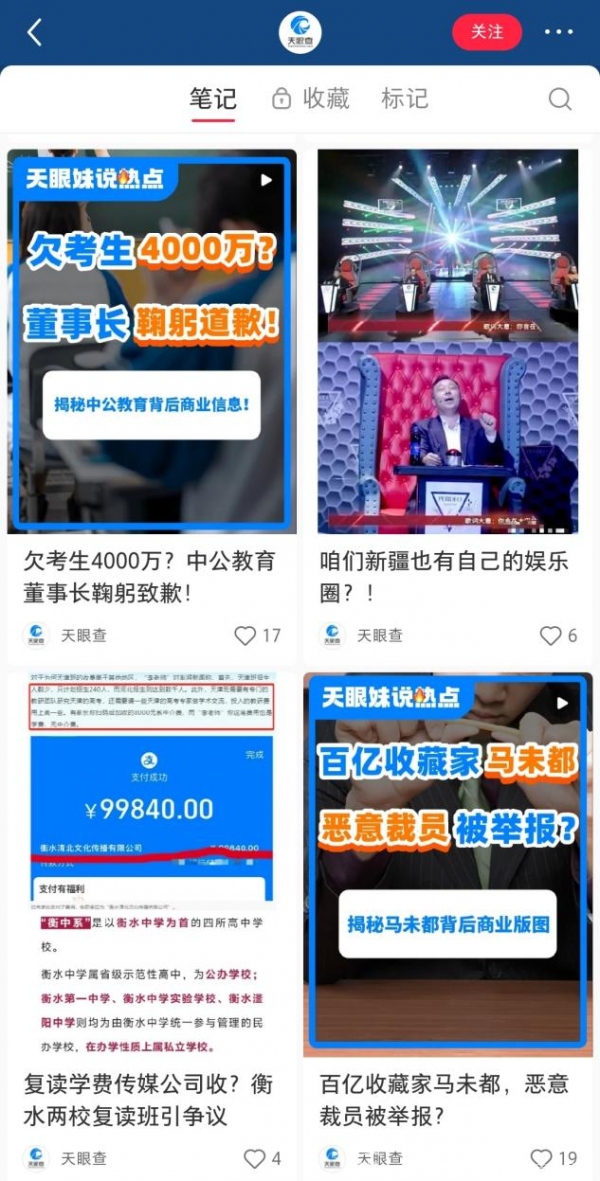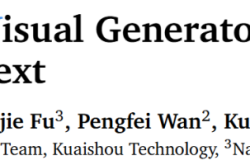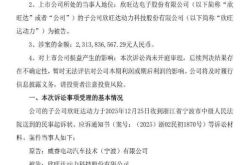Tianyancha, doing your own business while leaving others without any business
![]() 07/08 2024
07/08 2024
![]() 513
513
Which data on Tianyancha is true, and which is false?
Who decides whether a company is reliable? Not the boss, not the employees, but corporate investigation apps.
Nowadays, apps like Tianyancha, Qichacha, and Aiqicha are becoming partners for graduates looking for jobs, helping them discern the quality of companies. However, are these platforms that claim to provide corporate data really reliable?
Whether it's giants like Tencent, BYD, or some small and micro enterprises, they all become black workshops on Tianyancha, with the number of insured people being 0; while the number of insured people on Tianyancha itself does not match its company size.
The corporate information on Tianyancha comes from capturing the system content of departments such as industry and commerce. In addition to errors in the number of insured people, there is also a possibility of errors in company phone numbers, risk warnings, shareholder information, etc.
To encourage users to recharge for membership, corporate investigation apps like Tianyancha often keep up with hot topics and become吃瓜神器 (online gossip tools) for netizens. However, slow data updates, nested membership benefits, and many substitutes for their functions also restrict the number of members.
Doing your own business and leaving others without any business. Is this really the original intention of corporate investigation apps?
The number of insured people is a mystery.
Graduation season is also job-hunting season. For graduates, in addition to salary and job content, the company's own situation is also very important.
To judge whether a company is reliable, many young people often turn to apps like Tianyancha and Qichacha before applying or starting a job, peeking into the company's strength from information such as the number of insured people and legal risks.
However, when some users browse company information on Tianyancha, they may likely encounter the platform's tricks regarding the number of insured people, ultimately missing out on good jobs.
Mr. Guo, a Beijing entrepreneur, recently encountered a paranormal incident: when searching for his company's information on the Tianyancha app, he found that the displayed number of insured people was 0.
Are the colleagues he interacts with every day all ghost employees? Is a small and micro enterprise established for 9 years a black workshop that does not pay social security for its employees?
With a cold sweat, Mr. Guo hurriedly went to other platforms to verify the information and found that his company displayed the correct number of insured people on Qichacha, which relieved him.
In fact, not only Mr. Guo has encountered Tianyancha's "trickery," many globally renowned companies have also become "shell companies" in Tianyancha's eyes.
For example, Lu Jiu Business Review separately queried Tencent Technology (Shenzhen) Co., Ltd. and BYD Co., Ltd. on Tianyancha and Qichacha and found that Tianyancha displayed that the number of insured people for both companies was 0; while on Qichacha, the number of insured people was 24,264 and 2,778, respectively.

Giants like Tencent and BYD seem to have become shell companies that do not pay social security on Tianyancha. As the provider of the platform, Tianyancha itself also has some strange issues with the number of insured people.
Lu Jiu Business Review found on the Tianyancha app that its four main affiliated companies, Beijing Jindi Technology, Beijing Tianyancha Technology, Henan Tianyancha Technology, and Beijing Jindi Credit Service, have 86, 73, 119, and 55 insured people, respectively, totaling 333 insured people.
However, BOSS Zhipin shows that Tianyancha's company size is 1000-9999 people, far exceeding the number of people who pay social security.

How many errors are there on the platform?
Where does the information about the number of insured people on Tianyancha come from?
Lu Jiu Business Review learned that the information on Tianyancha and Qichacha comes from capturing network data. Any enterprise registered in mainland China needs to obtain a license from the industry and commerce department, and the relevant information of the enterprise will also be synchronized to the "National Enterprise Credit Information Publicity System".
After that, in subsequent business operations, enterprises need to fill out their annual company reports in the "National Enterprise Credit Information Publicity System" every year, which includes the number of people the company pays social security for. Tianyancha and Qichacha will then capture this data and display it on their platforms. In fact, the number of insured people for a company should be based on the data from the labor and social security department.
Judging from this, the frequent appearance of companies with 0 insured people on the Tianyancha app seems to stem from its untimely and incomplete data capture. In addition, other functions of corporate investigation platforms like Tianyancha can also be problematic.
For example, netizen Xiaobai told Lu Jiu Business Review: "Since 2022, I have often received phone calls from people calling me Mr. Zhou and asking if I need certain services. I searched for the company called Changzhou Weili based on the company name they mentioned and found that my phone number was left on Tianyancha."
Lu Jiu Business Review found on Tianyancha and Qichacha that if a user is not a platform member, the last few digits of the company's phone number will be hidden. However, ordinary users can still see the company's contact number if they view the invoice header.
To verify its authenticity, Lu Jiu Business Review entered the name of the company where they work on Tianyancha and Qichacha and found that the boss's real phone number indeed appeared in the invoice header.
On the other hand, netizen Hongdou told Lu Jiu Business Review: "I recently found on the Tianyancha app that my company had three warning reminders, and I needed to become a member to view them specifically. However, when I checked other corporate investigation apps, they showed that the company had no abnormalities."
In addition to feeling harassed and intimidated, some errors on corporate investigation apps may also affect a company's business.
About a year and a half ago, Lu Jiu Business Review learned that Mr. Yang and Mr. Zhang jointly established Company A, and Mr. Zhang was also a shareholder of Company B. Mr. Xiao Fei, the legal representative of Company B, was about to be executed by the court due to debts, and Mr. Xiao Fei happened to have the same name as Mr. Yang.
At this time, people demanding money from Mr. Xiao Fei collected all his assets under his name and applied for freezing. They located Mr. Yang's Company A through corporate investigation apps and mistakenly froze his shares in Company A.
Mr. Yang, who was caught in the crossfire, knew nothing about this matter and was preparing for an upcoming bidding. It was only when the other party called that he learned of the bad news. Such a misunderstanding also caused him to miss the bidding due to the investigation and evidence collection in between.
Is it necessary to become a member?
Although it often unintentionally causes trouble for entrepreneurs, apps like Tianyancha, which specialize in business investigations, seem to be very popular among the general public. The reason may lie in their ability to keep up with trending topics, making them a go-to tool for curious netizens. At the same time, these apps facilitate information transparency for businesses, which is quite "friendly" for employees.
Lu Jiu Business Review checked Tianyancha's official accounts on platforms such as Weibo, Xiaohongshu, and Douyin and found that its content closely follows hot topics. News such as the suicide of a China International Capital Corporation employee, the private taking of nude photos of patients in a top-tier hospital, and layoffs at Ma Weidu's company have all been further exposed by Tianyancha utilizing its corporate information advantages. At this time, Tianyancha transformed into a news aggregation platform.

Why do corporate investigation apps that collect corporate information follow the media's playbook and use hot topics to gain traffic? It seems that this is because such apps need more users to become members.
Nowadays, on various corporate investigation apps, ordinary users can only see basic information. If they want to deepen their understanding of a company and view its equity relationships, historical information, etc., they need to use their "money power."
Taking the Tianyancha app as an example, its membership is divided into two levels: VIP and SVIP. The annual price of VIP membership is 355 yuan, while the annual price of SVIP membership is 1,800 yuan.
However, can ordinary users really gain insight into everything after becoming members?
Regarding this, some netizens said: "I previously opened a Tianyancha VIP membership to chase after deadbeats, spending over 1,000 yuan in three years. But it not only updates information slowly, and many VIP information is also unavailable, requiring me to buy a more expensive SVIP."
For example, after opening a membership on Tianyancha, you can check basic information such as a company's shareholder composition and establishment date. However, when you want to query the legal person's business resume, you need to purchase a service called the "Super Member Package" after clicking on it. The prices for SVIP members for 1-3 years range from 1,710 to 3,420 yuan.
At the same time, some netizens said: "It's unnecessary to open a corporate investigation app membership to check a company's equity structure. Many stock software can obtain this information for free. Also, a company's relevant legal lawsuits can be accessed for free on websites like the Judgment Documents Network and the Court Announcement Network."
When founding Alibaba, Jack Ma once said, "Let there be no difficult business in the world." Nowadays, when data-chaotic platforms like Tianyancha become references for the public's corporate investigations, have they made business easier?








